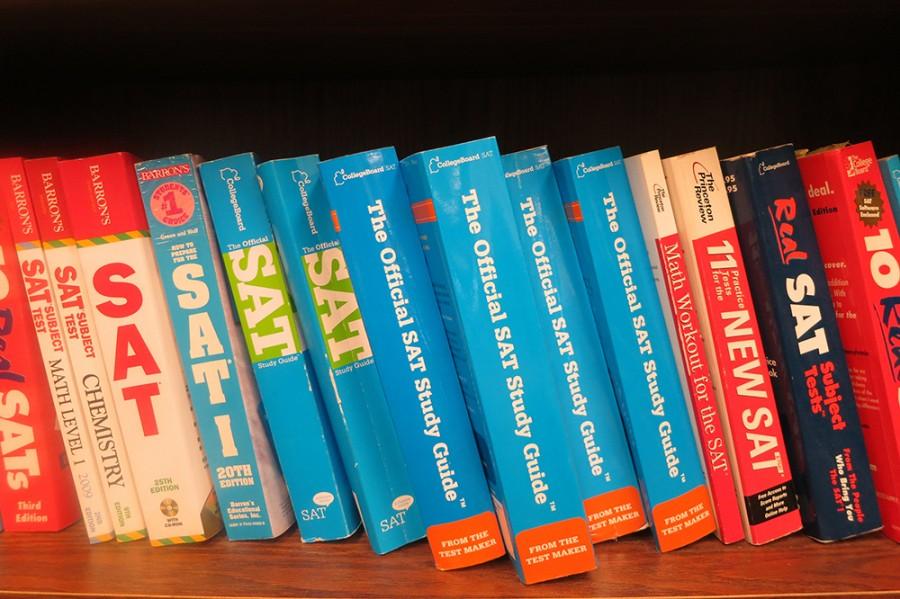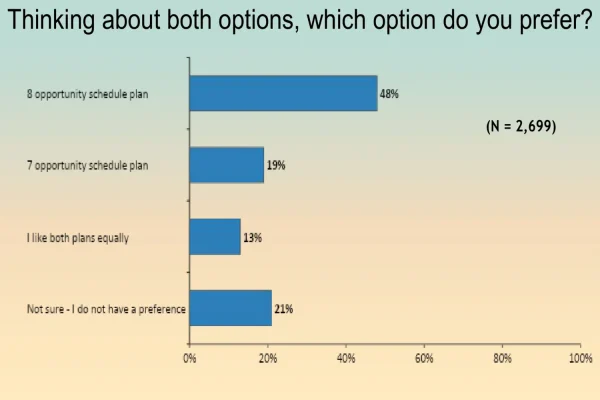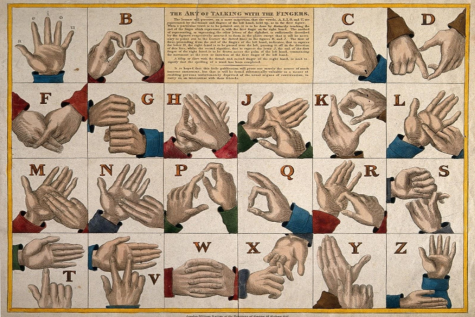The Terror of Time
January 7, 2015
The standardized testing season is upon us. Students are memorizing vocabulary flashcards, reading passages about random topics, and honing their math skills in a frenzy. This is understandable, and we all know the anxiety that is induced by timed-testing. Sweaty palms, that weird tight feeling in your stomach, and darting eyes that obsessively glance up at the clock every few minutes. Timed tests are a pain we all have to endure, whether it’s the SAT, or the ACT, or the GCSTTFMC (an acronym I just made up that you may use as you please). But why?
When has an adult ever in his or her life had to complete 50 math problems in 60 minutes? “Excuse me, Jim, I’m going to need you to use calculus to make sure that we build this box in the most efficient way possible. Also, you have 20 minutes to do it.” This is not something that you hear in the typical workplace, so it’s not something that should be taught so heavily in schools. I recognize the importance of doing things in a timely manner, but I think that the amount we emphasize timed testing is ridiculous. It’s not teachers’ faults.
With all of these standardized tests like SOLs, SATs, and ACTs reigning supreme, teachers are expected to prepare students to know a heavily calculated curriculum and be able to regurgitate that information in a set amount of time. And like I said before, efficiency and timeliness are great skills to have. However, the way they are taught in schools, you would expect that children are there for training to become intense participants in general knowledge trivia competitions. Think Hunger Games, but more intellectual.
Not only is timed testing taking away instruction time from other topics, it’s also teaching students that the ability to complete a certain number of problems within a given amount of time is more important than completing the work correctly. It is the mother of careless mistakes. How many times have you accidentally written an 11 when you meant 1? Or said something stupid, like “She came form Texas” instead of “She came from Texas” in a very important timed essay? Those mistakes don’t happen because you don’t know the material, but because you’re too rushed to make sure that they don’t happen. I think that the term “careless” mistake is the opposite of true – these mistakes happen not because you have little regard for the work you’re completing, but because you’re worried about finishing an assignment in the given amount of time.
There is, of course, the question of how to proceed. We can’t just abolish the SATs, or say that all students may take as much time as they need on all tests that they ever take ever. If that were the case, I am positive that I would still be in Ms. Kauffman’s 6th grade honors math class, chugging away at some long division. Let’s start by giving kids more time – not necessarily all the time in the world, but more time. Instead of having students complete 50 math problems in 60 minutes, give them 30 problems (of the same level) in 60 minutes. Maybe rather than forcing kids to write an analytical essay in 25 minutes, give them an hour.
I hope that as the clock ticks (pun intended) timed testing will become a dying art. Moving away from the pressure that timed testing causes will not only free up more space for actual material in curriculum, but it will also take away from the “quantity over quantity” mantra that is shoved down students’ throats from their first day of third grade on. Everyone (students, teachers, and parents alike) would benefit from slowing down a little.























